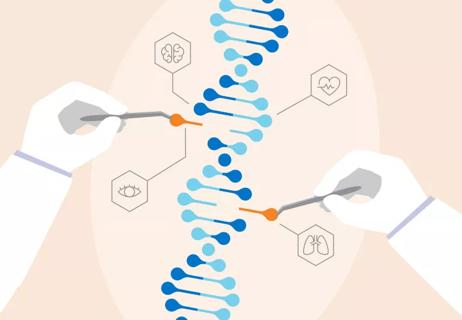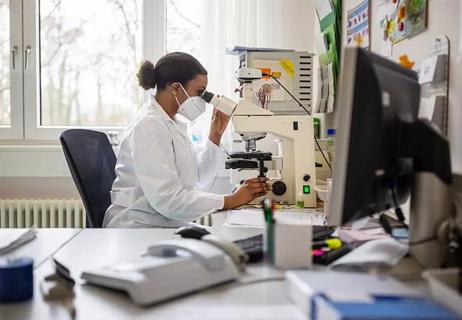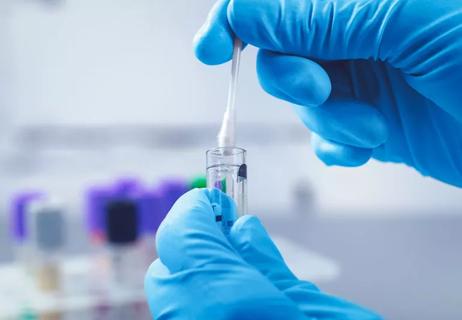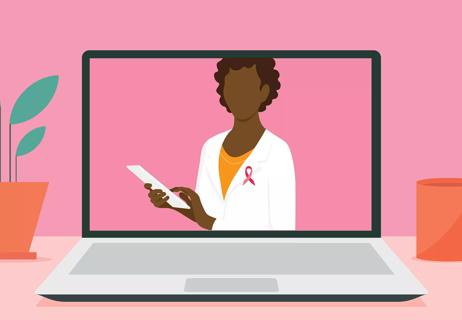Advertisement
Learn how they can help your health

Advertisement
Cleveland Clinic is a non-profit academic medical center. Advertising on our site helps support our mission. We do not endorse non-Cleveland Clinic products or services. Policy
The world of genetics can seem complex and even baffling to a lot of people — especially those who think of science as a foreign language.
If that’s the case for you, I have good news: You don’t have to figure genetics out on your own. That’s a genetic counselor’s job. They help make sense of complicated information and translate it into something that can benefit your health and your family’s health in very real ways.
Here are a few of the ways they can help:
Your genes play a part in any number of diseases, from neurological conditions such as Huntington’s disease and autism to cancer and heart disease. But genetics is not a fishing expedition. Nobody wants to go through tests they do not need. A family health history is an easy way to do a quick screen to clue you in on what types of disease genes run in your family.
Example: You’re concerned about heart disease because of your family history. A genetic counselor will review that history with you in detail and search for red flags, such as two or more relatives with the same condition or diagnosis at an early age. The genetic counselor will help determine which genetic tests make sense for you — and which ones are unnecessary.
A genetic counselor’s role is just as important before a screening as it is after.
Example: You are a candidate for genetic screening related to Huntington disease because your parent has Huntington disease, but you don’t know what to expect. A genetic counselor will help prepare you for the test itself and for what the findings may mean. Then, if you test positive for a certain genetic mutation, they’ll help you get ready for what comes next.
Genetics is complicated, and your family doctor may not know how to interpret screening results. So a genetic counselor will be your genetic and family health history champion, someone who will then work with you and your family doctor — real team work.
Advertisement
Example: You test positive for a BRCA breast cancer mutation. Based on that test result and your family history, a genetic counselor will help you understand future cancer risks and your prevention options, including surgery, and/or proactive opens, such as enhanced clinical screening so you can catch a cancer early when it is curable. Working closely with a cancer geneticist, they will form a plan for future screenings and management by working with your doctors. They also will recommend whether your other family members should be tested.
Researchers such as myself are finding more and more genetic mutations all the time. Those discoveries lead to new ways to predict who is at increased risk for cancers, and for which cancers, and to more effective screenings, new treatments and new options.
Example: You have a certain genetic mutation for thyroid cancer, but there are not any good treatment options when you are diagnosed. However, there may be options in the future, including clinical trials of molecules targeted to the gene mutation. Genetic counselors stay current on the latest trials and treatments. If they find one that could be a fit for you, they’ll talk it over with you, help you weigh the pros and cons, and facilitate enrolling you if it’s right.
Advertisement
Learn more about our editorial process.
Advertisement

Knowing your family history and getting a genetic test can help detect colorectal cancer earlier

Family history matters for melanoma, but the connection isn’t as strong for other skin cancers

The simple answer is ‘yes’ — but the ‘why’ is much more complex

This evolving technology may one day eliminate conditions like sickle cell anemia and hemophilia

It can help determine a best treatment path

Genetics may increase your risk of a substance use disorder, but that doesn’t mean it’s fated

Genetic markers can determine if you’ll develop Huntington’s disease or pass it on to your children

Learn about BRCA and other genes that raise the risk of breast cancer

Focus on your body’s metabolic set point by eating healthy foods, making exercise a part of your routine and reducing stress

PFAS chemicals may make life easier — but they aren’t always so easy on the human body

While there’s little risk in trying this hair care treatment, there isn’t much science to back up the claims